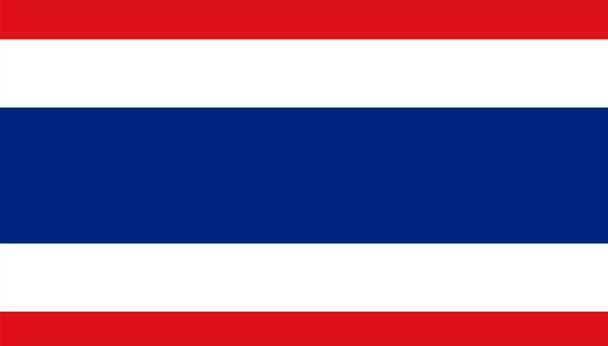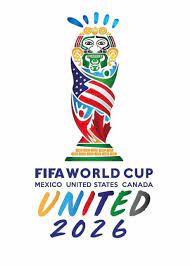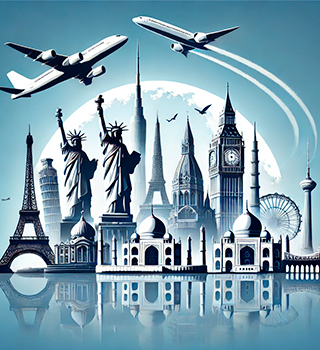Teach English in Thailand

Start teaching abroad right away!
Teaching English in Thailand
Most of the positions for foreign teachers are for less permanent amounts of time. If the prospective teacher is willing to stay for an agreeable amount of time contracts are made more attractive and this is due to high turnover. The Thai people are quite enthusiastic and fun loving, therefore, lessons which involve games are popular. The Thais have different customs which should be observed, for example, dress conservatively, and hand gestures are to be kept to a minimum as large boisterous ones are considered rude. The best times to be searching for a job is from mid-March to mid-May; which is when regular schools have vacation. October is a good time for the quest to find a job but January and February are quiet months.
There are plenty of private schools in both Bangkok and Chang Mai but there are alternatively less well known cities where the competition for positions is not so stiff. Nakhon Sawan, Khon Kaen, Udon Thani and Ubon Ratchathani are worth at least checking out. Conclusively the foreigner will not have such a struggle to find work however the wages offered can be very low. The teacher can earn approximately $5 US per hour to $16 US depending on the type of company. Teaching positions in Universities are abundant but degrees and certificates are required; the days are past when the native English speaking beach bum can find work. Work visas may require an official offer from the employer, official photos and a visit to the embassy.
Teachers can easily find their own accommodations which may cost for a studio approximately $130 US per month and a one bedroom as expensive as $500 US per month. Cost of living in general is low in Thailand.
Traveling to Thailand
Thailand is located in Southeast Asia along the South China Sea, the AndamanSea, Gulf of Thailand, and Southeast of Burma. The estimated population is 64 million people. The country borders Burma, Laos, and Malaysia. The climate is tropical due to its close proximity to the equator; rainy season is usually from November to January and are quite extreme as flash floods can be common. Humidity is high. In summer months from February to June temperatures reach approximately 95 F and in the cooler winter months in some regions temperatures usually stay at a more comfortable 85 F. In the northern part of Thailand, near Chang Mai temperatures can go down as low as 56 F at night, to highs of 95 F during the day. The currency is the Thai Baht which trades at approximately 36 Thai Bahts to $1.00 US dollar.
Ethnicity is approximately 75% Thai, 14% Chinese and 11% other. Official language is Thai; however English is spoken amongst the elite. Religion is 95% Buddhist and approximately 4% Muslim. Thailand is a kingdom and was known as Siam until 1939. It is the only Southeastern Asian country never to be conquered by a European country. In modern times although there have been occasional government coup operations, they are for very brief durations; for instance, one lasted for only 10 hours. The country stands strong politically as a constitutional monarchy. Economically Thailand experienced a marked increase in productivity from the late 1970s right up until 1997 when there was a collapse due in part to the devaluation of the whole Asian region. The recovery period from this time is not quite back to previous standards but it has been steady.
Thailand has one of the strongest economies in the region. The nation has an abundance of ancient ruins that are beautifully preserved because of the gentle climate. The cuisine in Thailand is world renowned for its mouth wateringly, sweet, savory, spicy, and tangy properties. Each dish is served with the sweet tasting jasmine rice, but one should beware of its potent hot bite. Thailand is known affectionately as “the land of smiles” and this is shown in the faces of its people. Visitors are embraced by congenial service. Bangkok, the largest city in the country, with a population of approximately 6 million, is a plethora of sights, smells and sounds. The floating market place along the Chao Phraya River is a great attraction as the tourist can see a whole different way of life and can buy just about everything from the boats. The stunning royal palace located in the center boasts a very large reclining gold Buddha.
The city is full of surprises feeling both ultra westernized and old traditionally Thai at the same instant. Located in the south, the beach resort area of Phuket has become a Mecca for beach loving tourists because of its natural beauty. The island of Ko Phi Phi has some of the longest beaches in the world. Ko Samui has private very affordable bungalows with easy access to the surf. Chiang Mai is located in the north at the foothills of the HimalayanMountains and is certainly worth the trek to investigate how the hill tribes live. Night time is relatively cooler there and the city has a slower more relaxed pace than Bangkok.












